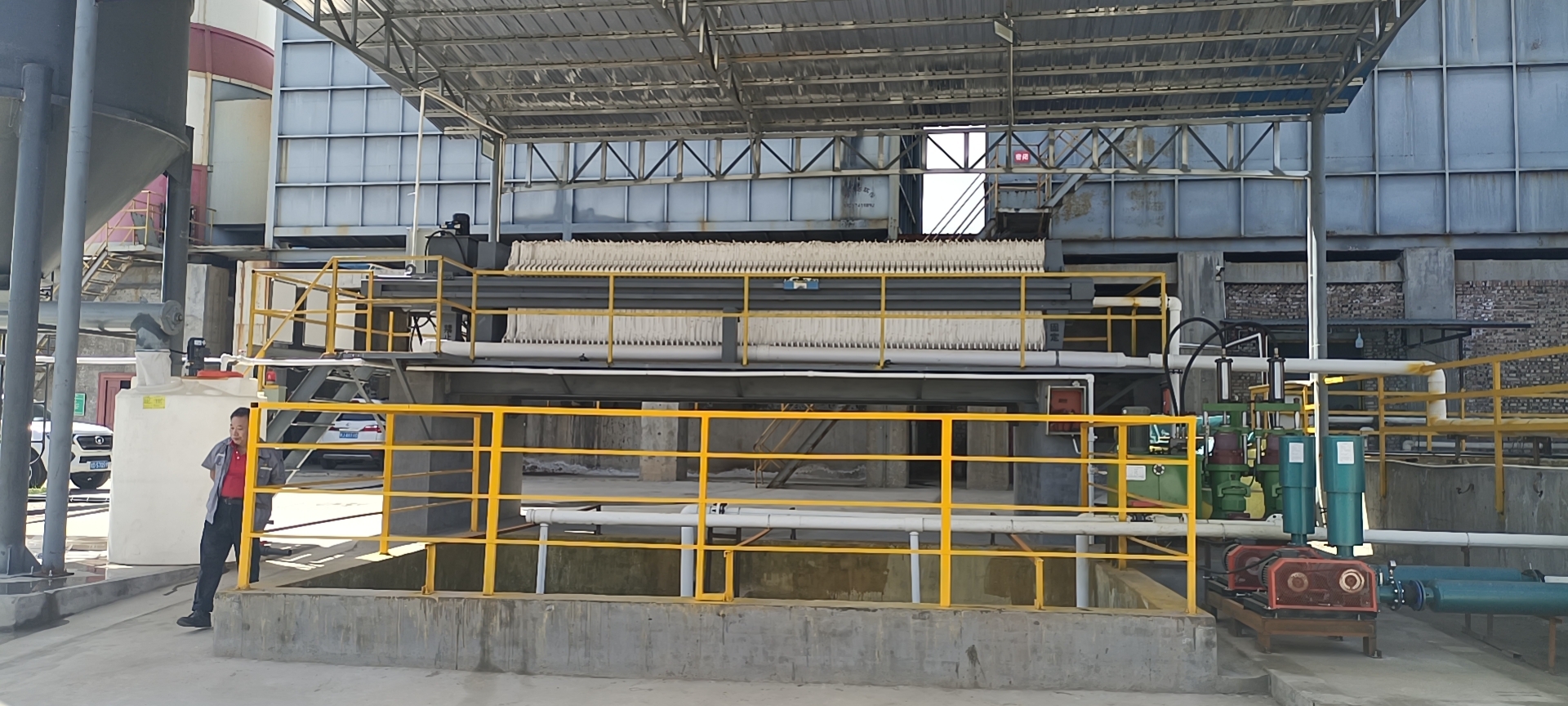Still troubled by sand washing wastewater treatment? Take a look at this filter press—it will completely solve your sand washing treatment problems!
创始人
2025-08-30 09:42:08
0次


In the wastewater treatment process of sand washing plants, filter presses demonstrate numerous irreplaceable advantages by virtue of their unique working principles and performance characteristics. They have thus become a key piece of equipment for improving wastewater treatment efficiency, reducing treatment costs, achieving environmental compliance, and enabling resource recovery.
下一篇:In-depth Analysis: Why Piston Pumps Are Preferred for Desulfurization Wastewater in Brick Factories
相关内容
热门资讯
Special feed pu...
The YNW series tailings conveying pumps feature a ...
Source manufact...
Xianyang Huaxing plunger pump is a ceramic plunger...
I finally figur...
Plunger pumps are believed to be very familiar to ...
From Hydraulic ...
In the field of industrial fluid transfer and powe...
Huaxing Filter ...
In the solid-liquid separation processes of indust...
Still troubled ...
This filter press will completely transform the wa...
How should we i...
It is probably the common aspiration of bosses who...
What are the pr...
What Are the Precautions for Operating a Ceramic P...
Ceramic Plunger...
Xianyang Huaxing Pump Industry Co., Ltd. is an exp...
Choosing Betwee...
Choosing Between the YB Hydraulic Ceramic Plunger ...
